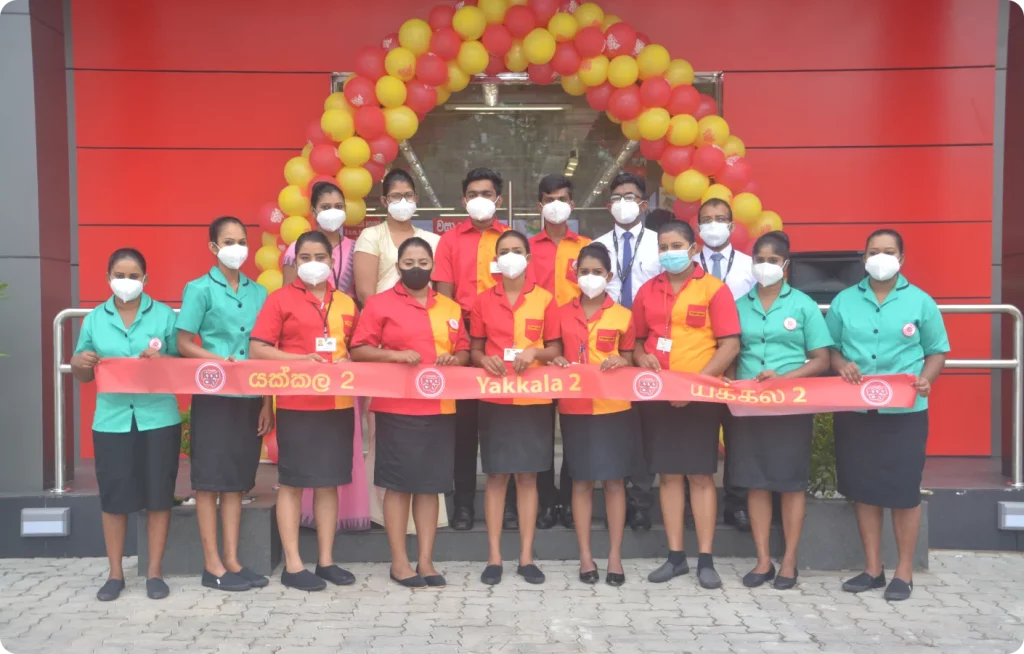Edit Content
AGRI- MODERNIZATION ------
Cargills Pioneer Urban Agriculture Project
Cargills and Colombo Municipal Council Pioneer Urban Agriculture Project Cargills and the Colombo Municipal Council (CMC) unveiled a model urban agriculture project which was launched on 29 July 2022 at the CMC Town Hall premises. The project uses modern agricultural techniques to cultivate different crop varieties, such as Beetroot, Kankun, Radish, Capsicum, Chilli, Ginger, Spinach, and Tomato. The CMC offers security to the site, access to land, water and electricity, while Cargills contributes resources such as seed, fertiliser, pesticides, weedicides, and harvesting labour.
Harvested crops are donated to communities within the Colombo Municipality, promoting food security. The project demonstrated the utilisation of a number of modern agriculture techniques such as drip-irrigation with fertigation, polythene mulches, and insect proof netting to the urban population visiting the CMC premises, creating enthusiasm and interest among a demographic that would otherwise not engage or explore modern farming practices. The centrally located plot serves as a model for urban farming and is expected to encourage more people to use urban land spaces to cultivate their own crops and contribute towards achieving food security across Sri Lanka.


DAIRY DEVELOPMENT ------
Dairy Development Programme - Madara Pumal
Mrs Madara Pumal is a shining example of the success that can be achieved through the adoption of innovative best management practices, knowledge sharing, and sustainability in dairy farming. When Mrs Madara established her smallholder farm, she was having difficulty making ends meet, due to low milk production. Following a training session hosted by Cargills, she was inspired to take an entrepreneurial approach to dairy farming and build a Dairy Development Plan aimed at helping her boost her milk productivity. To ensure the successful growth and development of her herd, Mrs Madara worked alongside a Cargills Dairy Extension Officer to identify and address issues like inadequate feed and poor planning, leading to an expansion of her farm by 1.5 acres, in addition to the installation of an irrigation setup.
Additionally, she incorporated Total Mix Ration (TMR) into the cows’ feed, along with other nutrient-rich ingredients like gliricidia and azola. Mrs Madara’s hard work was met with significant progress. Her daily milk yield skyrocketed from 35 litres to 52 litres, while the ingredients’ SNF content increased to 8.2% with fat content increasing to 4.5%. Leveraging the technical and financial support of Cargills, Mrs Madara then upgraded her cattle shed. She also started taking measures to improve calf management and sustain feed availability throughout the year. Through her success, Mrs Madara has become an adept source of knowledge for neighboring dairy farmers, with her Dairy Development Plan and best management practices being widely replicated. Mrs Madara now has her sights set on doubling her milk productivity by the end of 2023, serving as an inspiration to all small-scale dairy farmers with dreams of similar accomplishments. As a testament to the reward of innovation, hard work, and entrepreneurship in the dairy industry, Mrs. Madara is also aiming to exceed her current yields, targeting 100 liters of daily milk production, while aiming for sustainability through Climate Smart Dairy Programme methods.

SUSTAINABILITY ------
Banduragoda Dairy Factory
Largest integrated dairy processing facility and serves as a model for the Company’s transition into a net zero manufacturing facility. It has achieved the following feats:
- Obtained voluntary carbon footprint verification conducted by the Sri Lanka Climate Fund under the purview of the Ministry of Environment, along with its subsidiary Kotmale Dairy Products.
- Installed a 1.4 MW solar installation for clean energy generation, which offsets around 35,000 kgs of carbon emissions annually.
- Maintains an ecosystem with a population of 2,000+ trees, predominantly fruit trees.
- Uses ammonia gas as its refrigerant for maximum refrigeration efficiency, while also having zero Ozone Depletion Potential and Global Warming Potential.
- Operates one of the largest industrial Reverse Osmosis (RO) plants in Sri Lanka, producing over 163 cubic metres of treated water daily.
- Harvests more than 3,000 cubic metres of rainwater a year, which is utilised for cooling.
- Ensures all wastewater discharge is compliant with standards approved by the Central Environmental Authority (CEA).
- Introduced environmentally friendly packaging for Cargills Magic Heavenly range of ice creams, reducing plastic consumption.
Accredited with ISO 9001:2015 Quality Management System, ISO 22000:2018 Food Safety Management System and ISO 14001:2018 Environment Management System

CARGILLS FOUNDATION ------
School Meals Programme in Partnership with Lasallian Community Education Services
School children were the most impacted by food insecurities during 2020 when Sri Lanka faced a severe shortage of food and this was one of the main reasons for lower school attendance in low-income communities. Through our collaboration with Lasallian Community Education Services, we provide 250 packs of nourishing meals to school children in identified communities within a number of Colombo suburbs from Monday to Friday of each week.
The students, who would otherwise go without meals and miss school days, showed an overwhelmingly positive response to this initiative. Since its inception in Oct 2020, areas served by this initiative include Colombo 13, Colombo 14, Wanathamulla, Obesekerapura, and Palliyawatte, where a total of 31,350 meals were provided through this initiative as of 31st March 2023 and the program continues to this date.


COMMUNITY ------
Rebuilding Sustainable Livelihoods in the Northern Province of Sri Lanka
In order to expedite post-war recovery and resuscitate economic and employment security in the Northern region of Sri Lanka, Cargills visited Kilinochchi – one of the main towns in the Northern Province in 2009, immediately following the end of the 26-year long civil war. Cargills wished to replicate its agricultural value chain success in the North and revive their horticulture sector by providing access to key production inputs, knowledge and training, and contribute towards rebuilding sustainable livelihoods in the conflict affected region. However, it was even more crucial for us to understand the social as well as emotional dynamics of the people at ground level. Cargills conducted a needs assessment of 2,500 smallholder farmers to identify their fundamental requirements and ambitions. This study was further strengthened by conducting face-to-face dialogues with farmer communities as well field studies with Jaffna University students to clearly understand their ground realities. With the data gathered, Cargills was able to plan and implement a three-year project founded on over a decade of experience in linking farmers across Sri Lanka to mass markets.
We adopted an end-to-end approach of the value chain model - an extended horti-enterprise created by vertically aligning field production practices and produce handling with market driven processing and trade. Field staff were recruited from the area in order to coordinate with the farmers and facilitate farmer-group formations. Knowledge was imparted on loss-free post-harvest produce handling.
A number of produce collection centres were set up across the region so that Cargills can purchase produce directly by eliminating intermediaries. The Kilinochchi Processing Unit began its operations in 2013, processing a total of 7 MT fruits and vegetables per day. The facility also generated regular employment, particularly for women in the region, and established price stability to local produce. However, despite Cargills investments and provision of market access, farmers in the North were not able to fully venture into commercial scale agriculture due to the lack of scalable irrigation systems as well as preliminary capital required for such upgrades. At this juncture, Cargills partnered with the National Agribusiness Development Programme (NADeP) under the Ministry of Economic Development to address the challenges faced by the farming community.

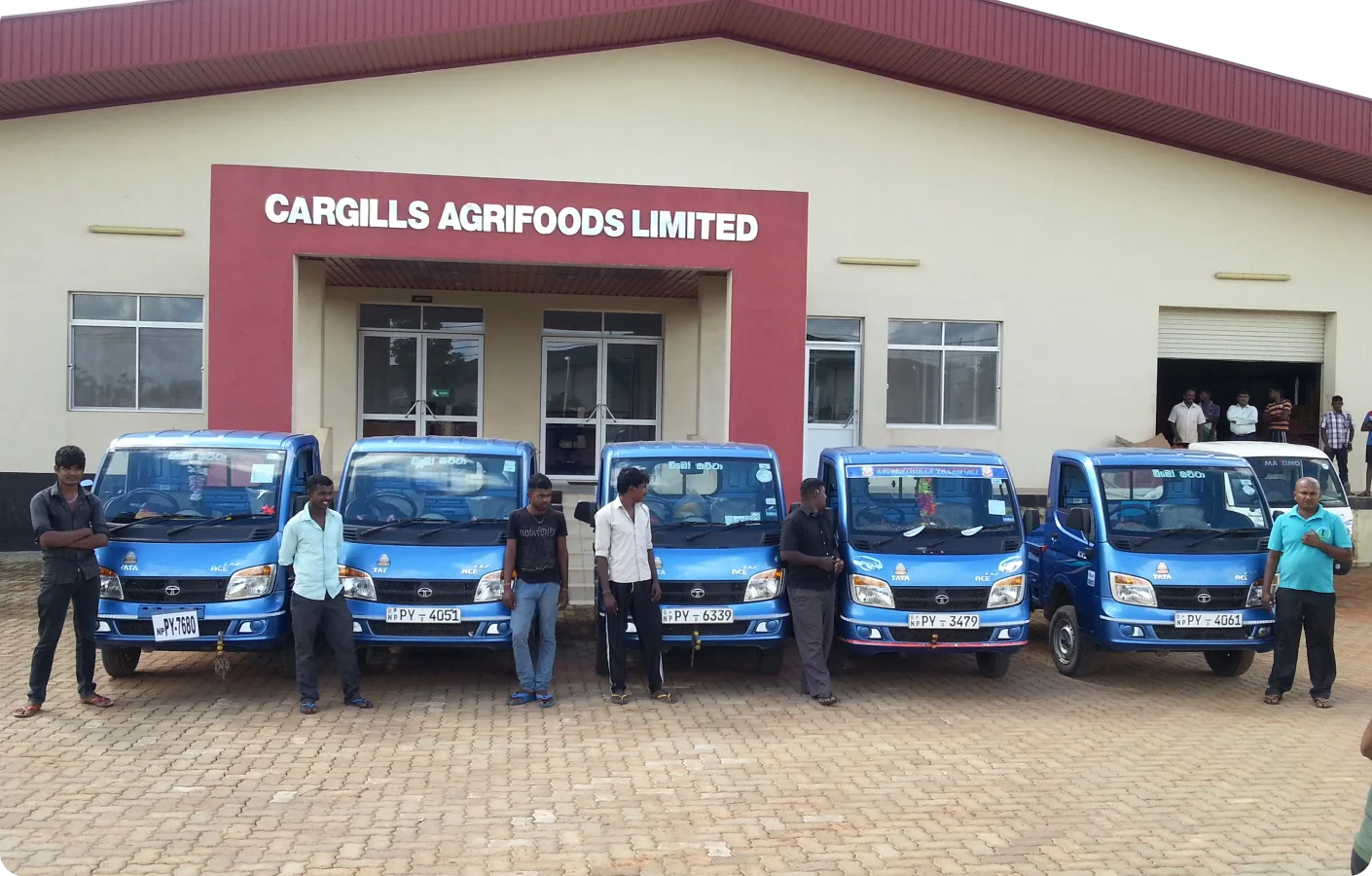
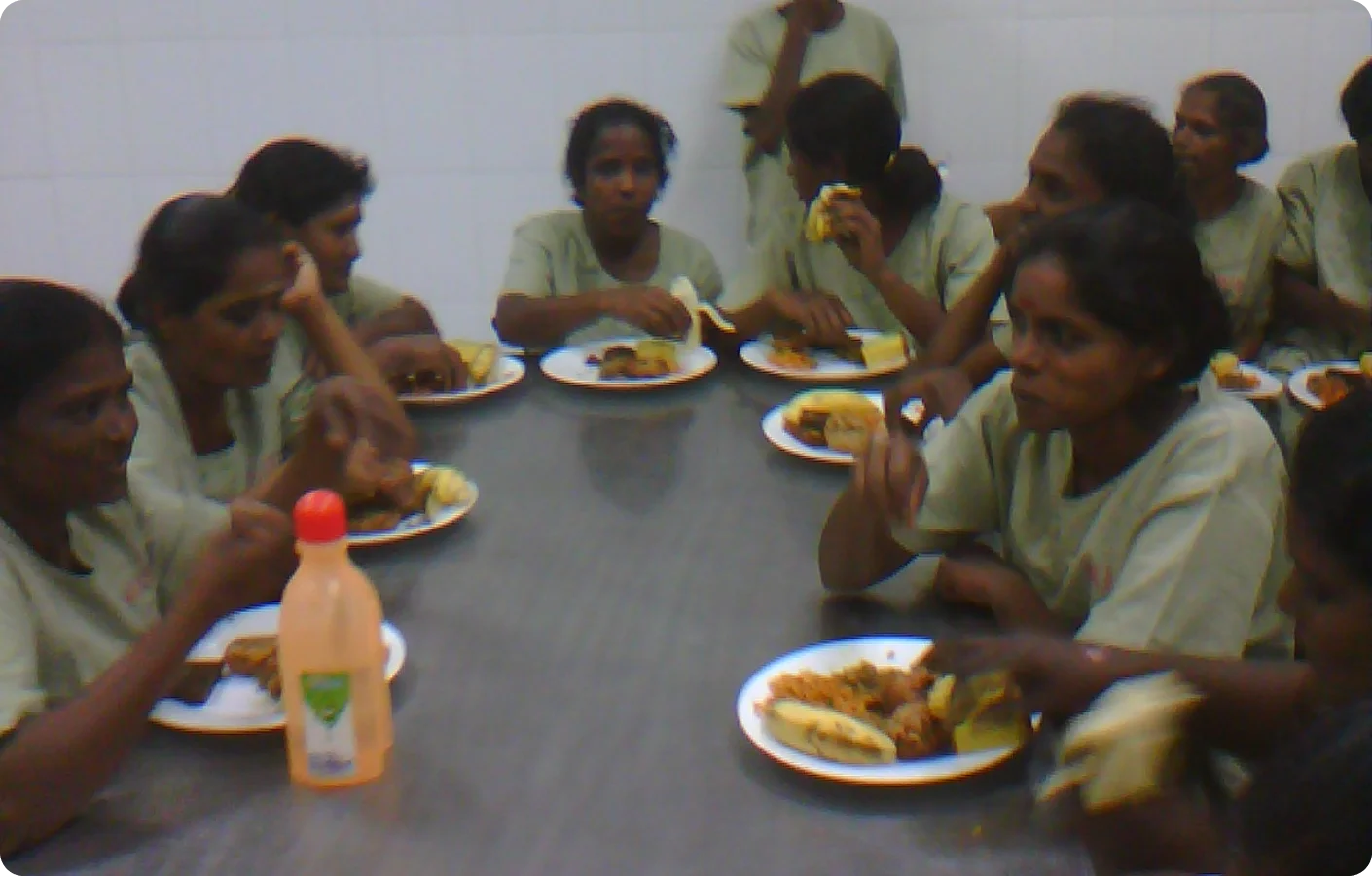
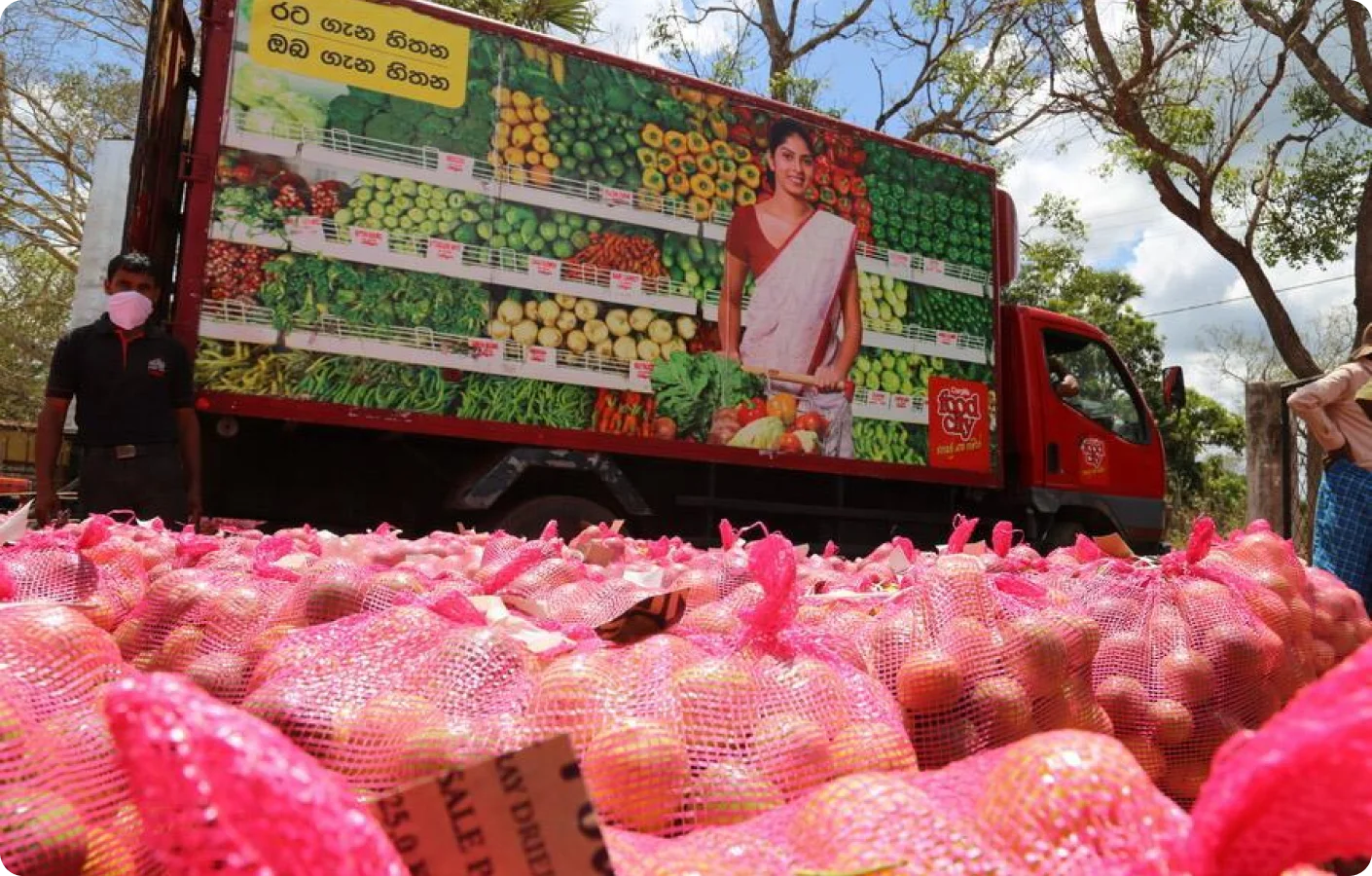
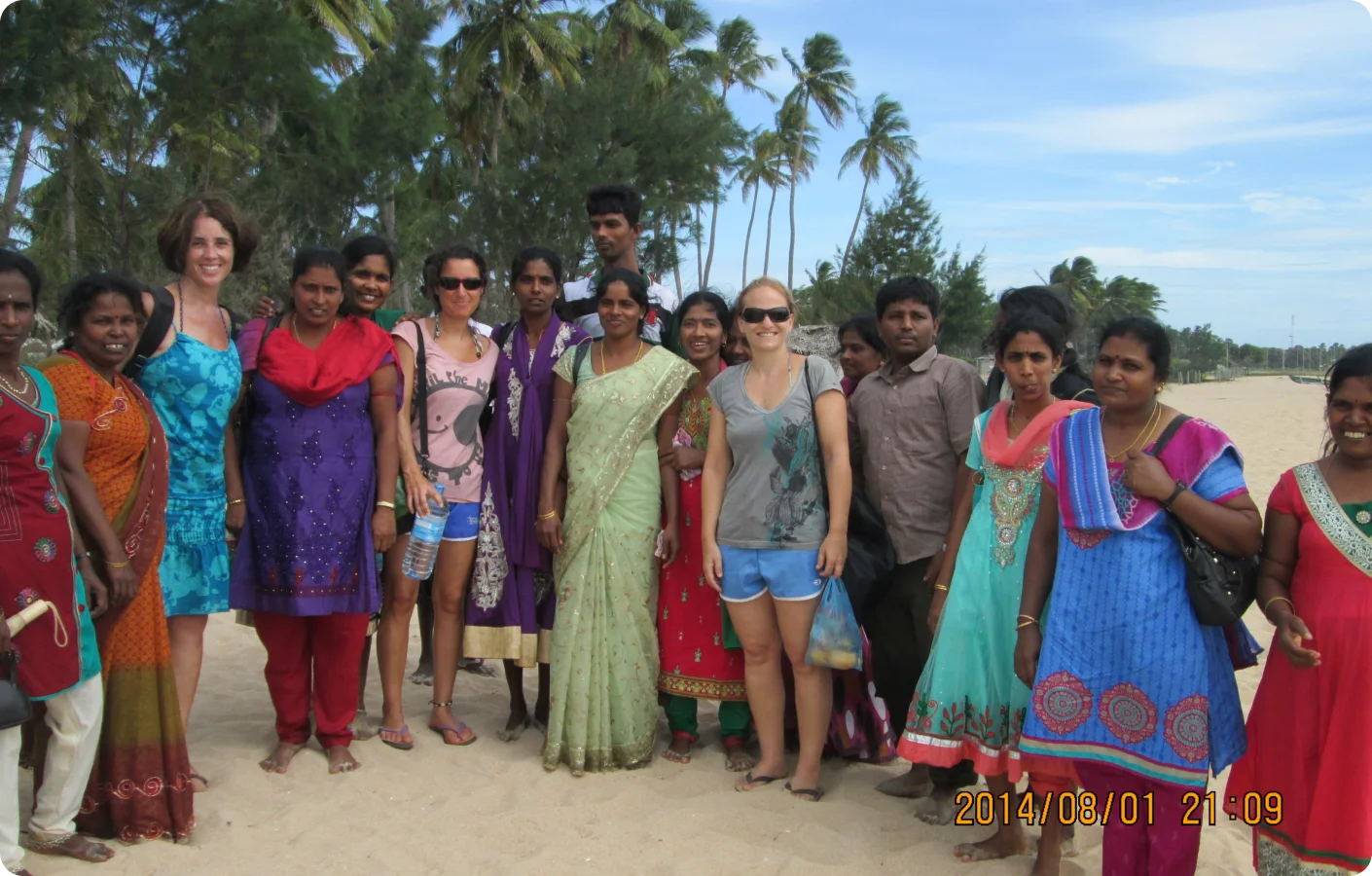
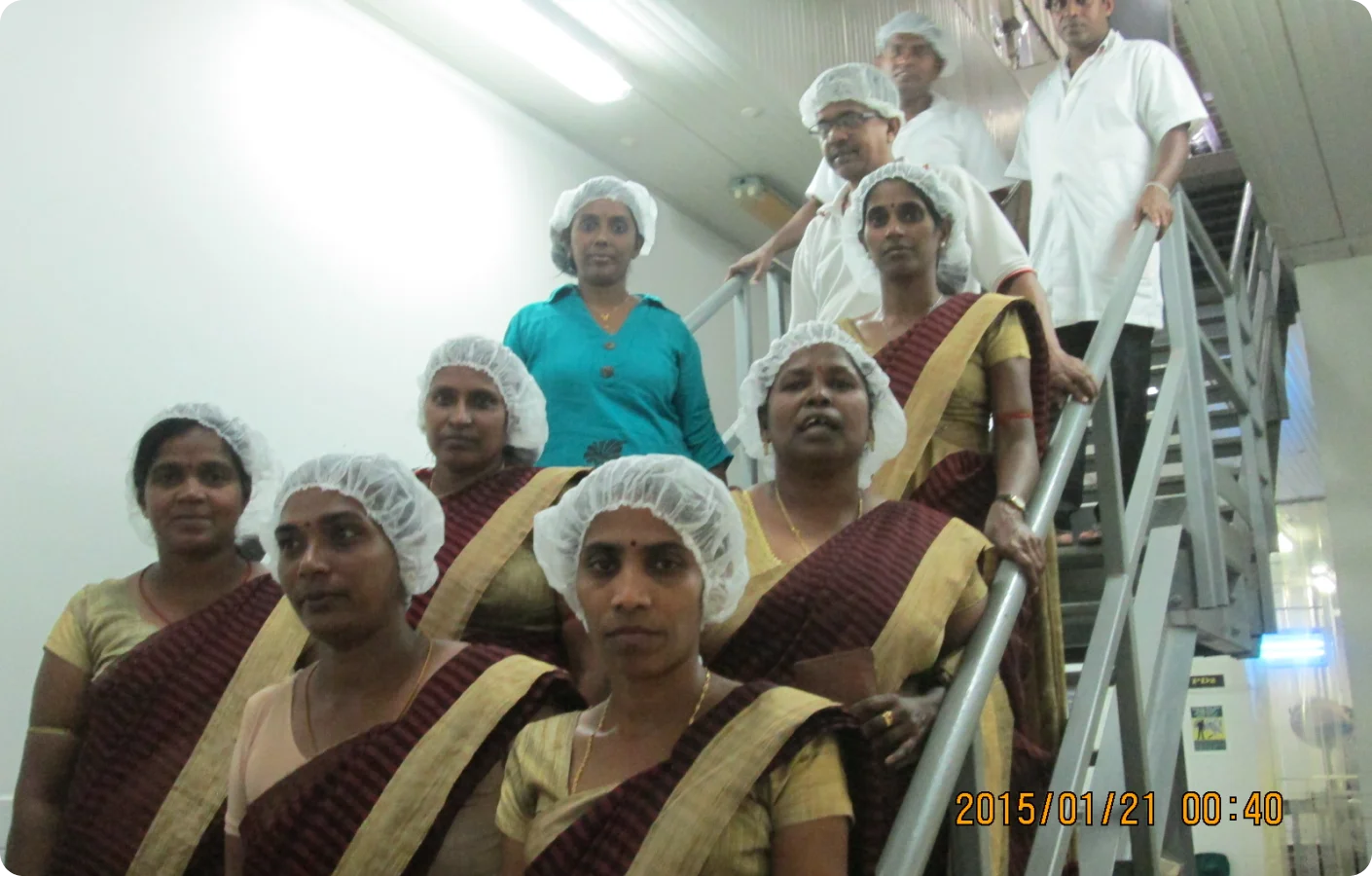
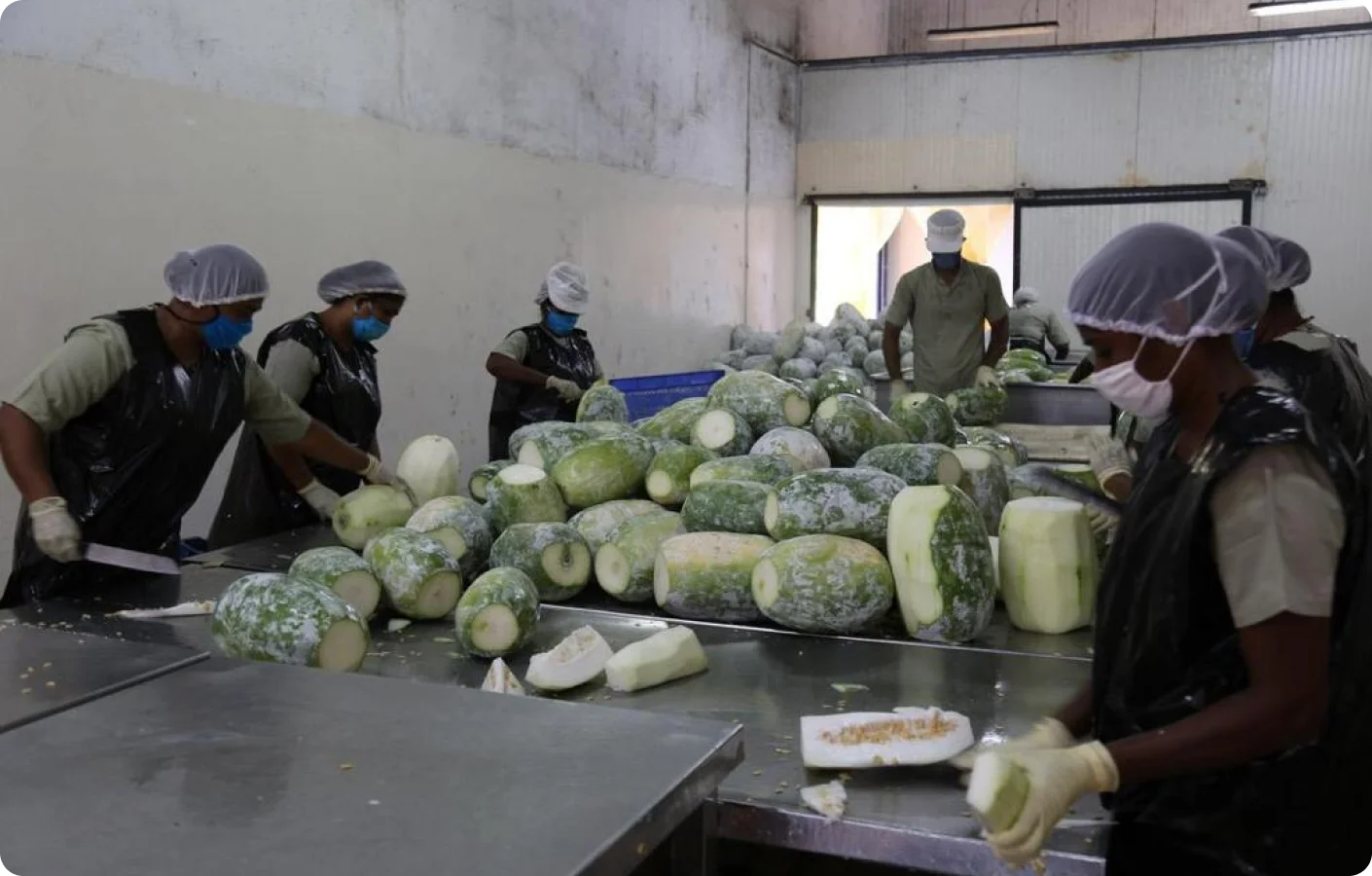
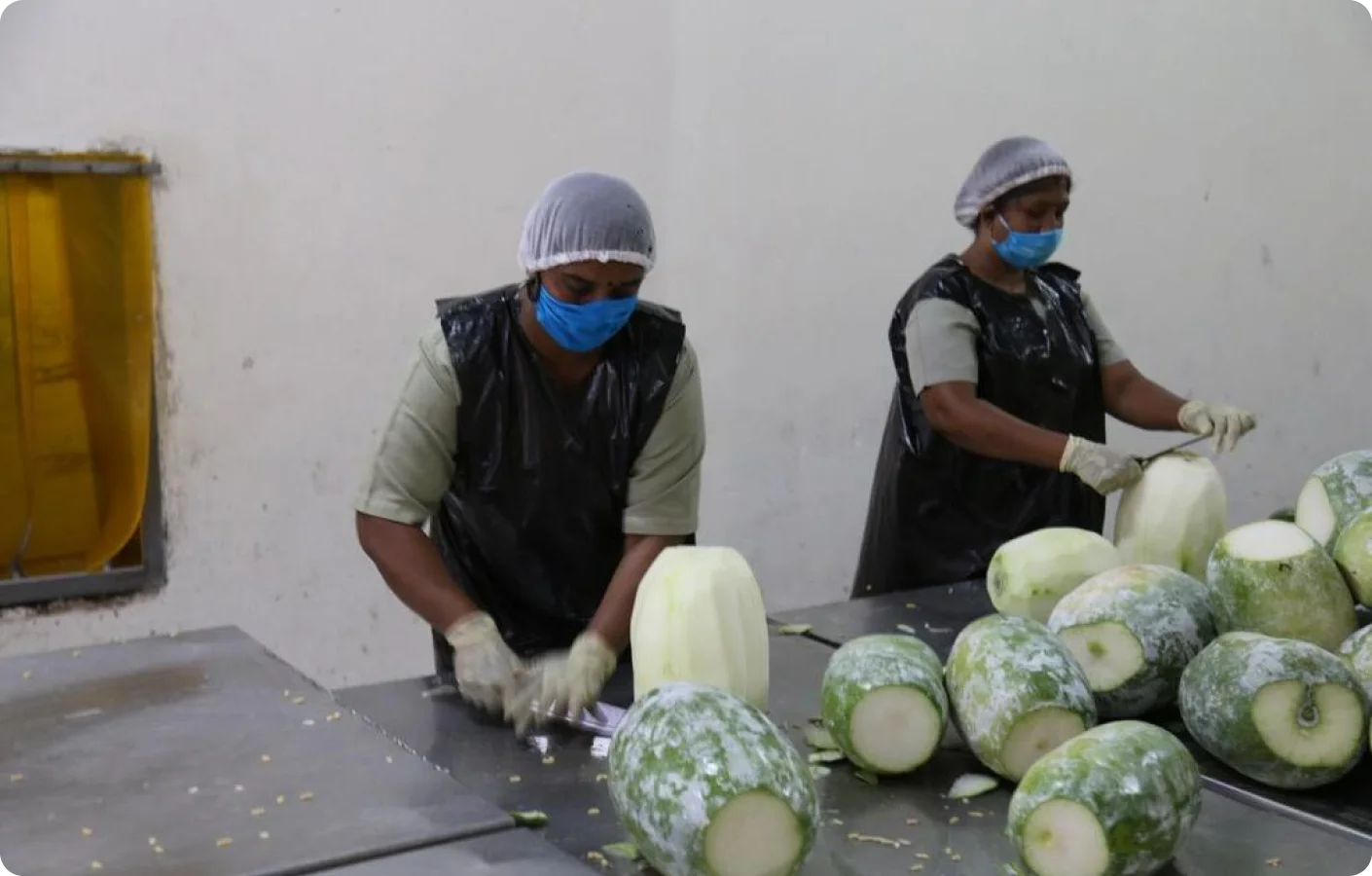
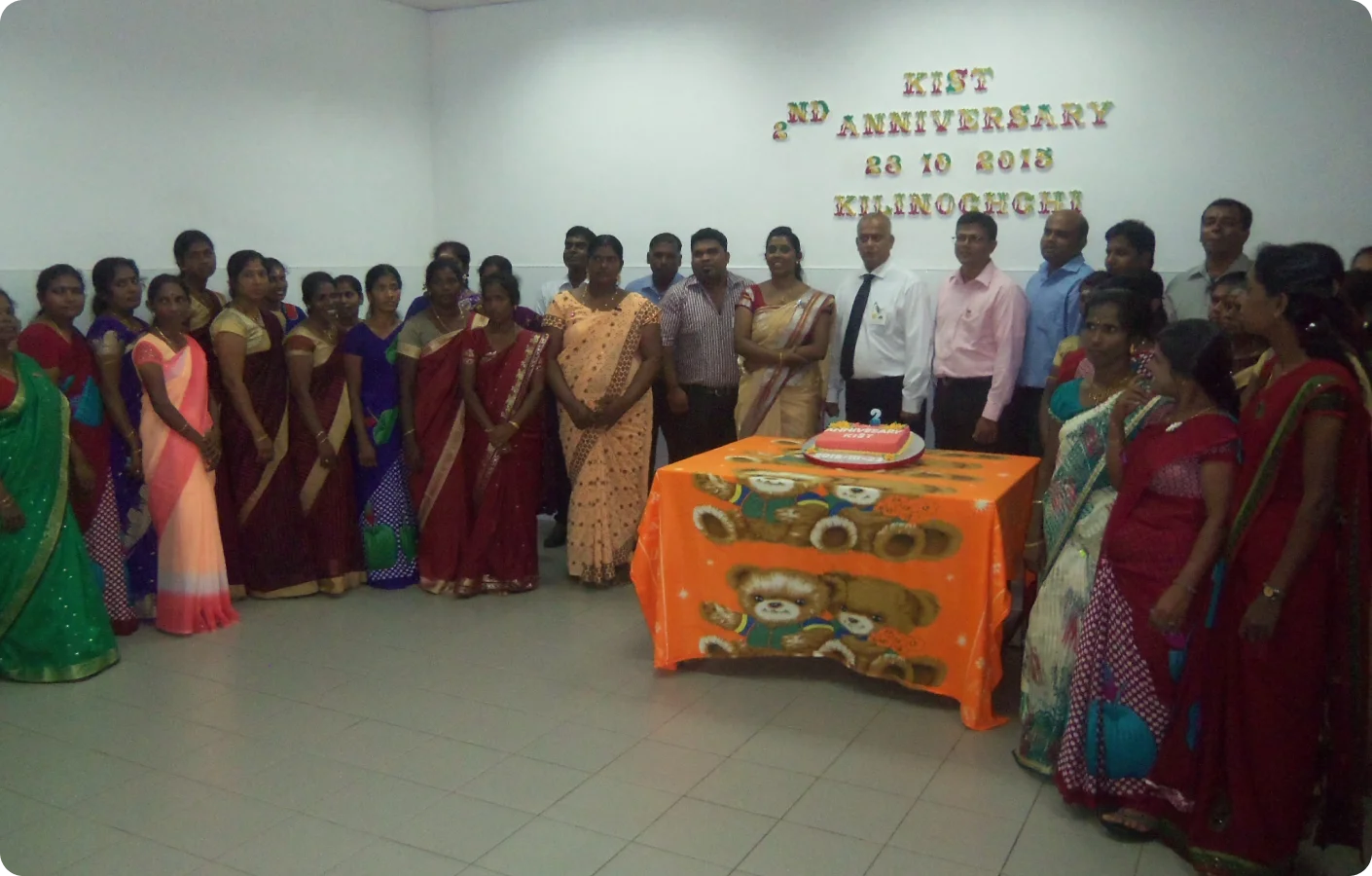
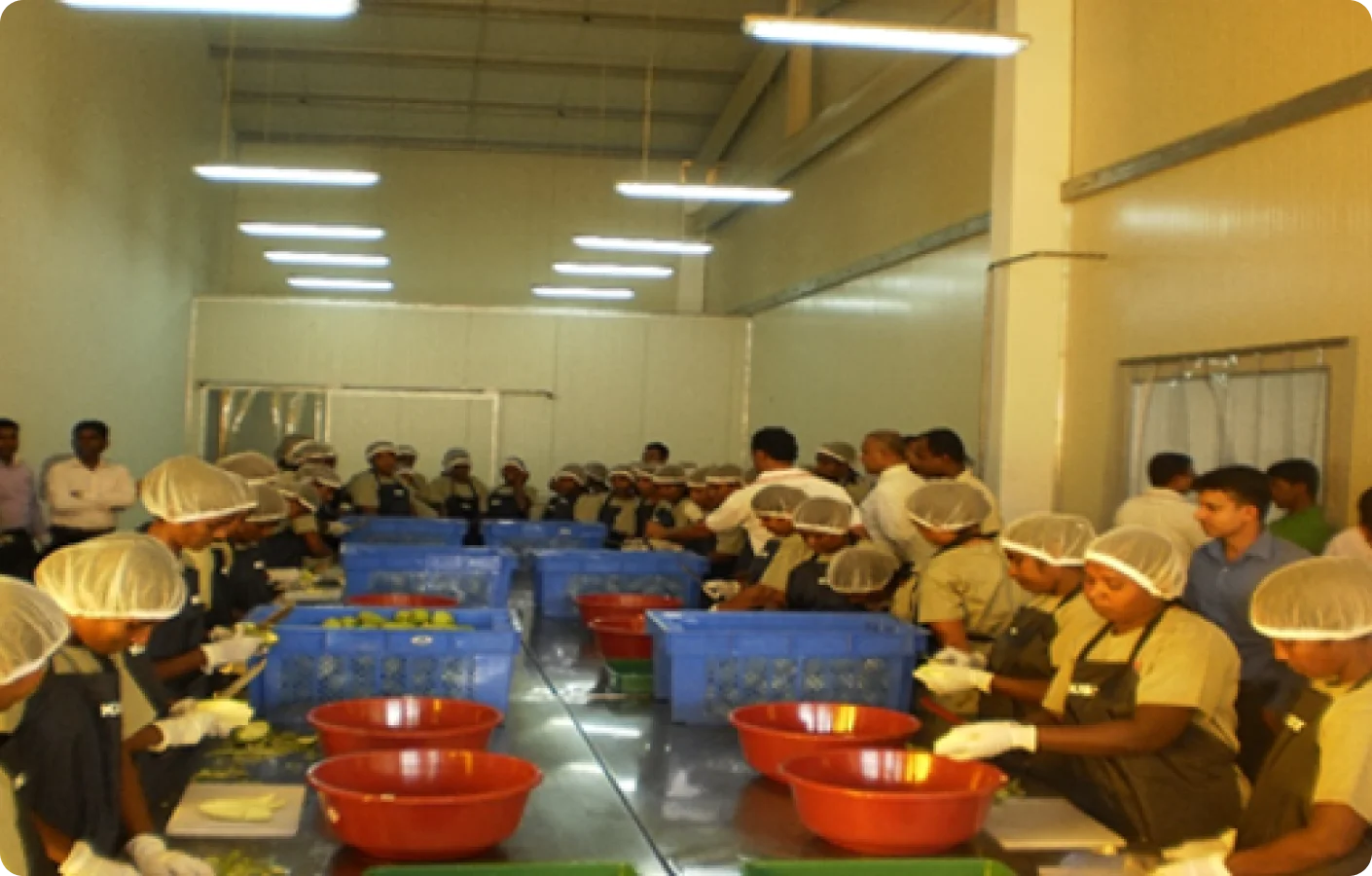
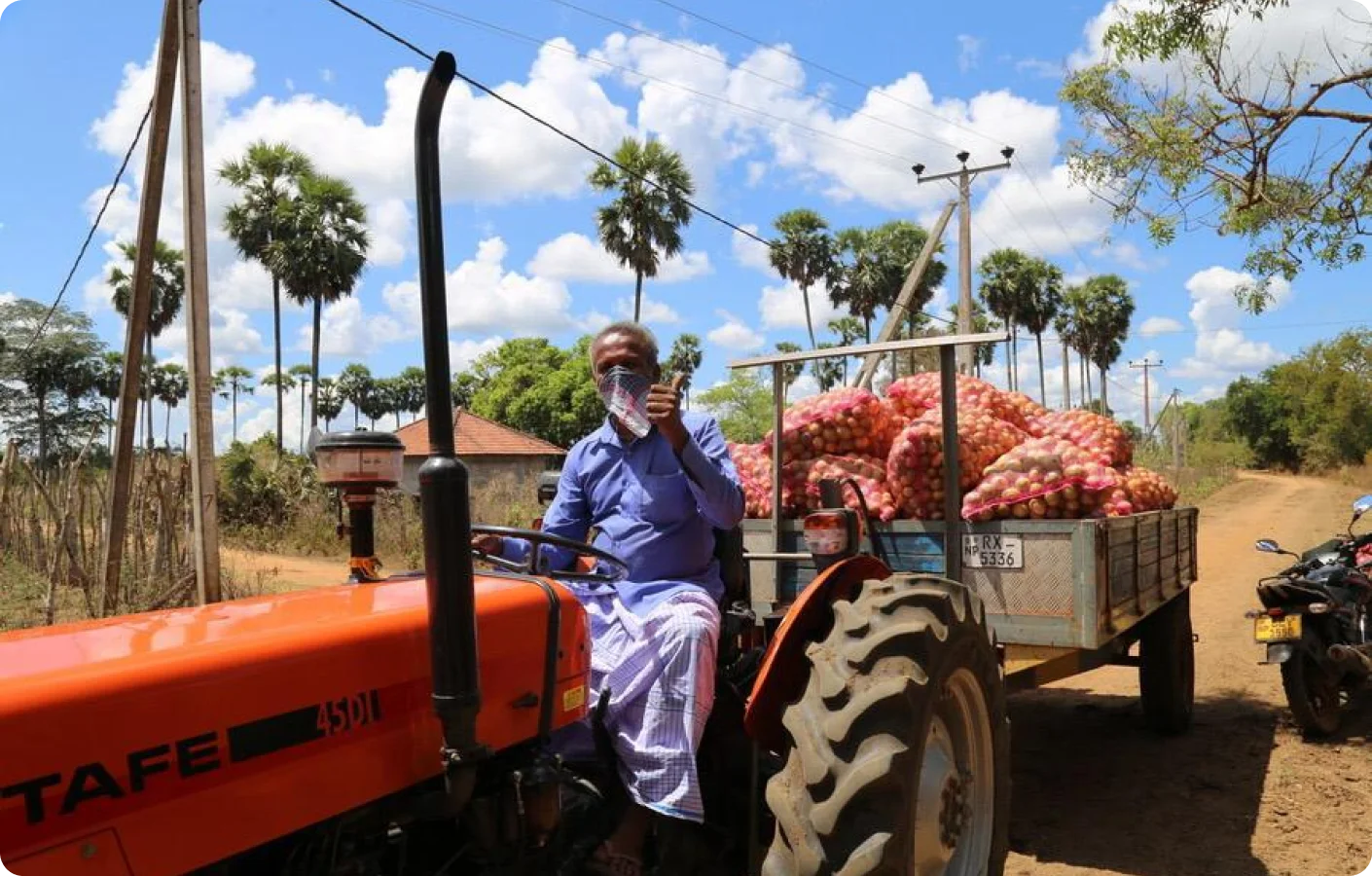
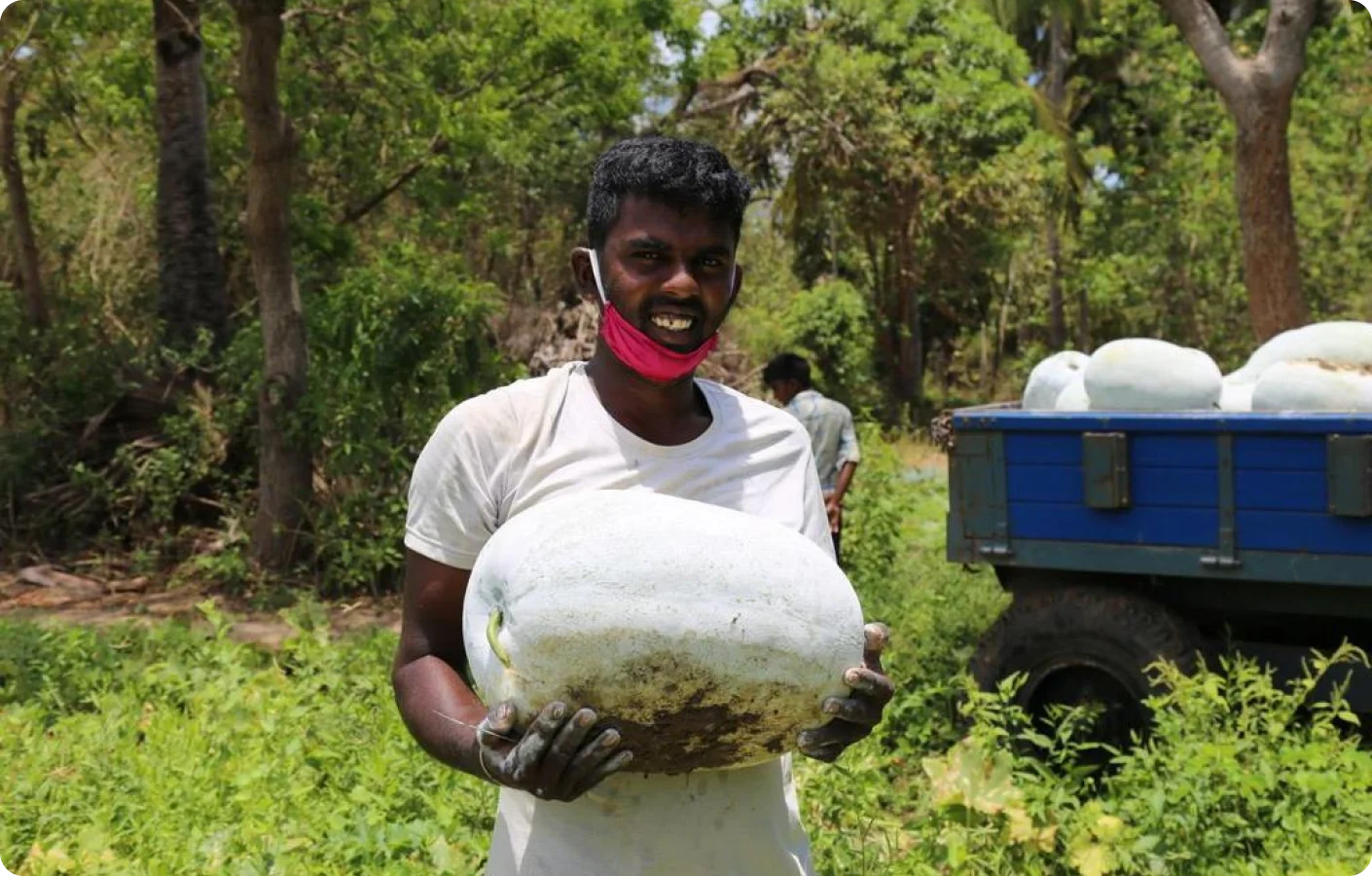
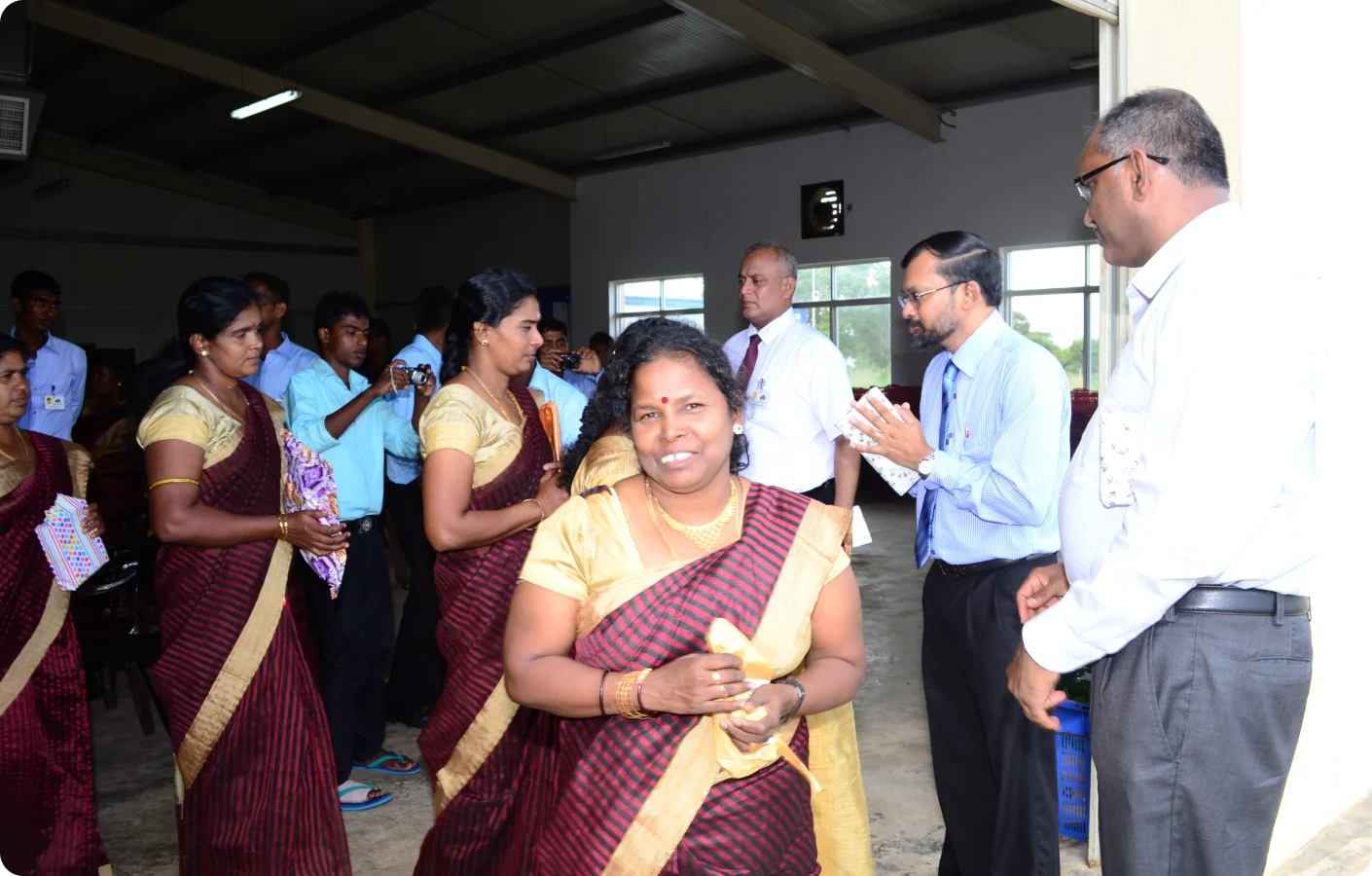
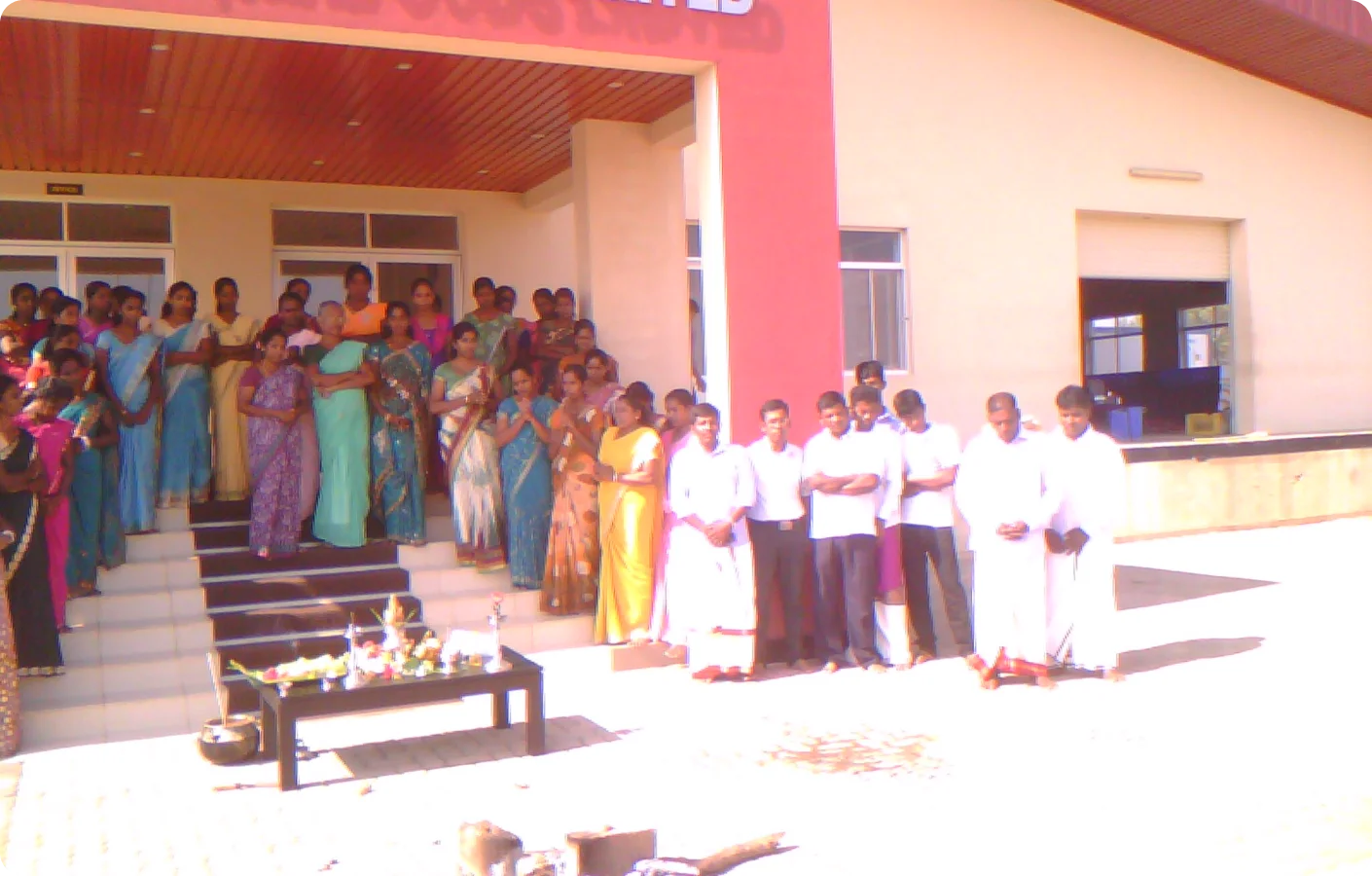
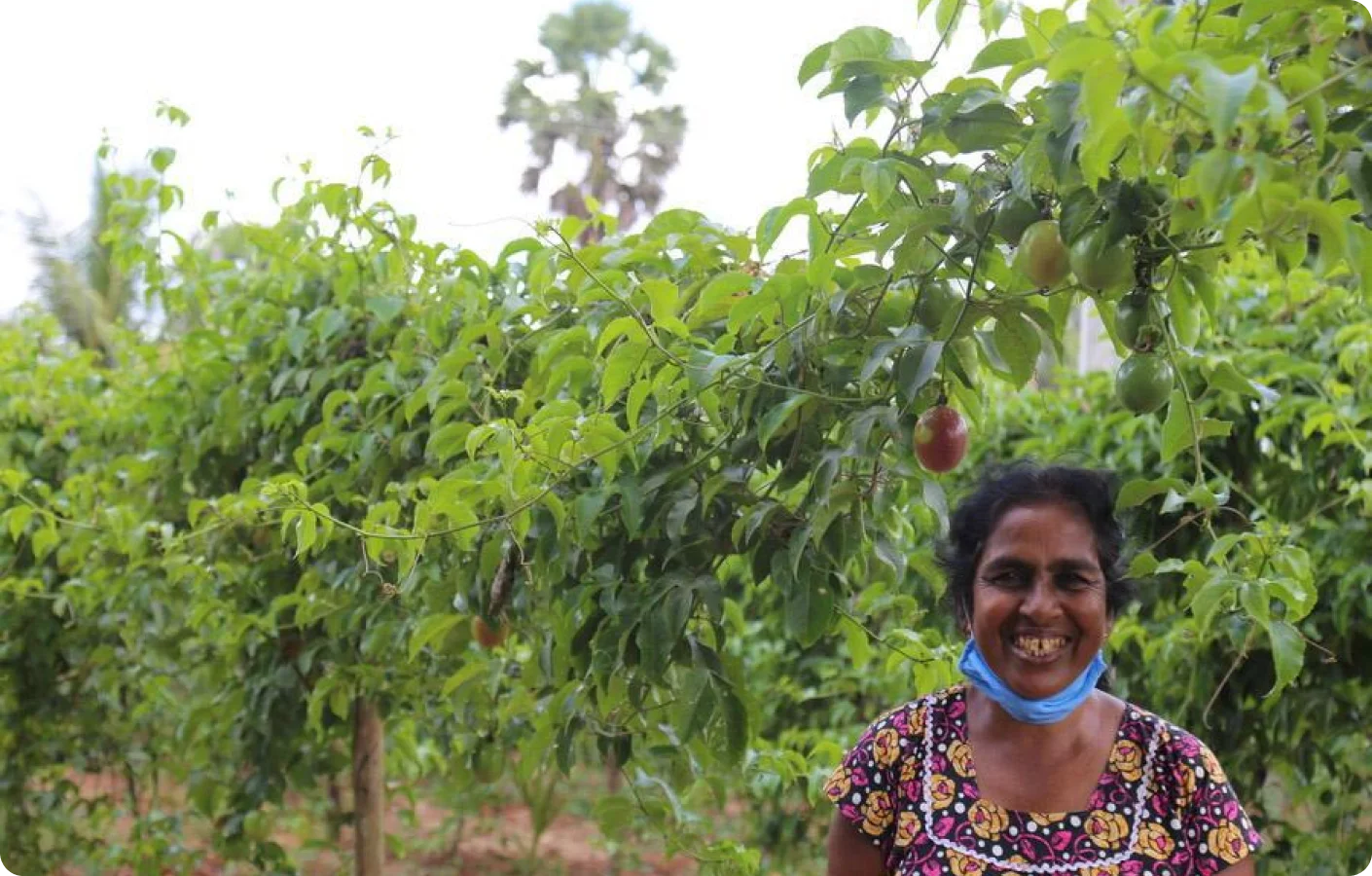
ENTREPRENEUR DEVELOPMENT ------
Village To Home
Menikhinna
Located in the Central Province, is a rural village whose residents make their livings producing "Hana" (hemp fibre) products. Access to the market posed a problem, necessitating Cargills Village to Home to bridge the gap. A training programme was implemented to help them understand market demands in terms of products as well as quality. The process is underway to list their products in Cargills Village to Home Bays and Gondolas, which will facilitate consistent market access.

Hela Diriliya
An apparel workers’ society which was granted the opportunity of selling its products through the expansive network of Cargills under its Village to Home initiative. The initiative boasts a membership of 500 dedicated women in the apparel sector who are actively encouraged to embrace the entrepreneurial spirit, allowing them to generate additional income beyond their employment.

ENTREPRENEUR DEVELOPMENT ------
Lak Bokjun - W Supuni Nirmani Fonseka
W Supuni Nirmani Fonseka, a female entrepreneur, has achieved remarkable success thanks to the Cargills Lak Bojun initiative. Residing in Kalubowila with her family – while her husband ran a small business and she cared for her three children – financial difficulties were a common occurrence in Supuni’s life. On 22 August 2022, Cargills and the National Enterprise Development Authority provided her with an opportunity to break these barriers, and Supuni stepped forward to embrace it. However, with her family responsibilities taking up much of her time, she struggled to manage the food cart on her own. This is where Ishara – a school-leaver from Homagama, living with her disabled brother, carpenter father, and mother – came in, providing her with the assistance she needed. Not only did she help with Supuni’s food cart, but Ishara was also given a chance to earn additional income through a training programme with Cargills Ceylon as a sales promoter. Thanks to Cargills Lak Bojun, Supuni is now able to cover day-to-day expenses and save for the future.


COMMUNITY ------
Sri Lanka’s farmers find a new path to sustainability
Deforestation, soil degradation and the loss of natural wetlands have put the productivity of more than a third of Sri Lanka's land area either in decline or under stress, threatening livelihoods and leading to rising poverty and falling food security. However, by adopting modern production techniques which promote sustainable land use, farmers in the country have found a way not only to increase their profitability and productivity, but also to preserve the country's cherished ecosystem.
Cargills and Sri Lanka's Department of Agriculture (DoA) worked together with the Food and Agriculture Organization of the United Nations (FAO) to successfully implement sustainable production practices using Good Agricultural Practices (GAP) principles for smallholder farmers in the country's central highlands. Although GAP practices and certifications had previously been introduced in the country, there had been minimal uptake among smallholder farmers due to a lack of market access, limited access to finance for modernization and a knowledge gap in terms of modern technologies. A complete modernization package that included drip irrigation, mulching and insect-proof nets would provide farmers with the needed tools to successfully adopt GAP principles.
The FAO-DoA-Cargills engagement addressed these constraints by introducing a complete sustainable modernization package, which included innovative extension tools and market access for GAP-certified farms. Cargills Microfinance Bank also offered loans to farmers who did not have the cash needed to finance the remaining costs to modernize their farms. In all, 80 farmers across 20 acres of land each received a total package of USD 960 towards this much-needed modernization. In addition to providing concrete support to the farmers, the engagement focused on testing and demonstrating sustainable vegetable production using farm modernization and innovative production techniques.
Through this engagement, Cargills was able to source and develop a sustainable supply of GAP-certified vegetables while ensuring relatively higher prices for the farmers through increased preferential market access. The project also proved to be profitable for the farmers in many ways: they were able to increase their yields by 10-20 percent, reduce production costs by 20 percent and improve crop quality. The water-efficient production method they now use also enabled them to continue cultivation during the dry season, allowing them to fetch much higher prices for their produce than during the regular growing season.
As farmers began to reap the benefits, their acceptance of sustainable farm modernization increased, leading to a greater demand for modernization inputs and GAP certification. The DoA used new extension methodologies such as Farmer Field School (FFS) and ICT tools (WhatsApp and a number of agricultural apps) to support farmers in developing their skills. As farmers saw the efficiency and effectiveness of the technology, they were more willing to adopt it.
The technology package offered a range of environmental benefits in addition to economic ones: by reducing the need for fertilizers and agro-chemicals, it helped farmers to conserve water, decrease soil erosion and lower levels of pollution. As farmers’ acceptance of GAP principles improved, Cargills continues to scale up the support beyond their initial contributions. Thus far, more than 256 farmers have adopted these techniques and 89 farmers have acquired GAP certification from the DoA.
This project's success also attracted interest from other stakeholders interested in replicating the techniques used, creating a ripple effect of investments in the country's farmers and ultimately, in preserving its ecosystem for future generations.

Edit Content
CAREERS ------
Female Representation in Management
On 08 March 2022 as the world celebrated Women’s Day, Cargills sponsored a special programme to recognise women for their contribution to the growth of the Company and promote gender diversity at all levels of the Group, especially in increasing the number of women in entry-and-mid-level leadership roles, and ensuring success in the earliest stages of their promising management careers.
Ms Himali Mendis – Area Manager of Cargills FoodCity spoke of her 24-year journey at Cargills where she started as a Cashier during the programme, and how the Company’s willingness to engage in honest and transparent discussions on gender bias followed by action to empower women to take on responsibilities based on performance and experience irrespective of gender. Now in her role as an Area Manager, Himali is responsible for a cluster comprising 16 FoodCity outlets with more than 400 employees, with three more female Area Managers excelling in their management roles.
